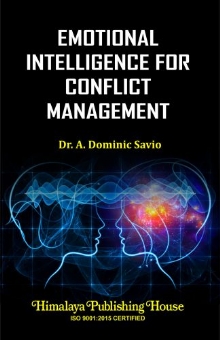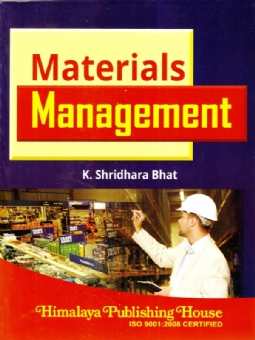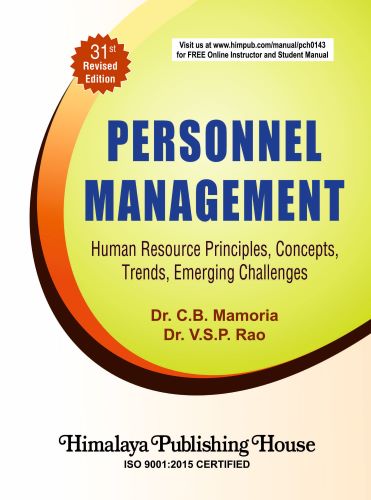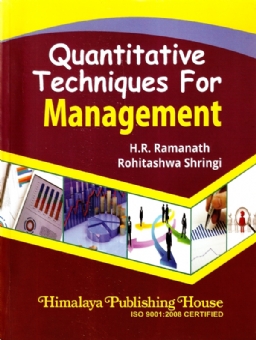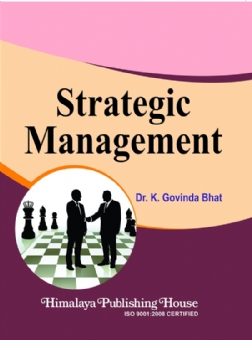Many people make progress in developing emotional sensitivity, empathy and emotional intelligence related abilities by their own experiences or education in life. They create better atmosphere in families, organizations and in society for enriched emotional life. There are people who may live entire life with lack of self-awareness on emotions one experiences and emotions others go through. Such people may have more intra personal conflicts and interpersonal conflicts. When such people rise by the system or the process to hold high leadership positions in business organizations and the society, people connected with these leaders will have to spend lots of physical and emotional labour and cognitive resources to manage their lives even if they are emotionally intelligent. It will be far worse for people who also lack basics in emotional intelligence. When conflict exceeds the optimum level, it affects the normal functioning of the person.
Culture influences the way people handle conflicts. Studies show people in western countries adopt competing mode whereas in Asian countries people use accommodating and avoiding modes. When unassertive conflict handling modes are used in certain culture to preserve relationships it is reported that the personalities are unstable as they are different to different people. Emotional Intelligence (EI) is not the only solution to all the problems. Problems arise from difference sources. Instead, EI helps people to live better in the midst of problems which cannot be solved. It also enables people to utilize the scarce cognitive resources to enhance the quality of life.
The structure of the book is organized into three parts. Part One deals with the Emotion, Cognition and Emotional Intelligence, Models of emotional Intelligence and measurement, Demographic variables and EI and Organizational Performance and EI. Part Two is on Conflict Management – theories on Conflict, sources of conflict, Styles of conflict and cultural differences in conflict management. Part Three is on the Impact of emotional intelligence on Conflict Management. It presents how people with different levels of emotional intelligence handle conflicts.
The book is intended for wider audience: academicians, research scholars, various professionals in organizations, students and the general public. Ultimate objective of the book is to make contribution to enrich the emotional life of people in the society.
Contents –
1. The Emotion
2. Cognition and Emotional Intelligence
3. Models of Emotional Intelligence and Measurement
4. Demographic Variables and EI
5. Organizational Performance and EI
6. Conflict Management
7. Impact of Emotional Intelligence on Conflict Management
Bibliography

